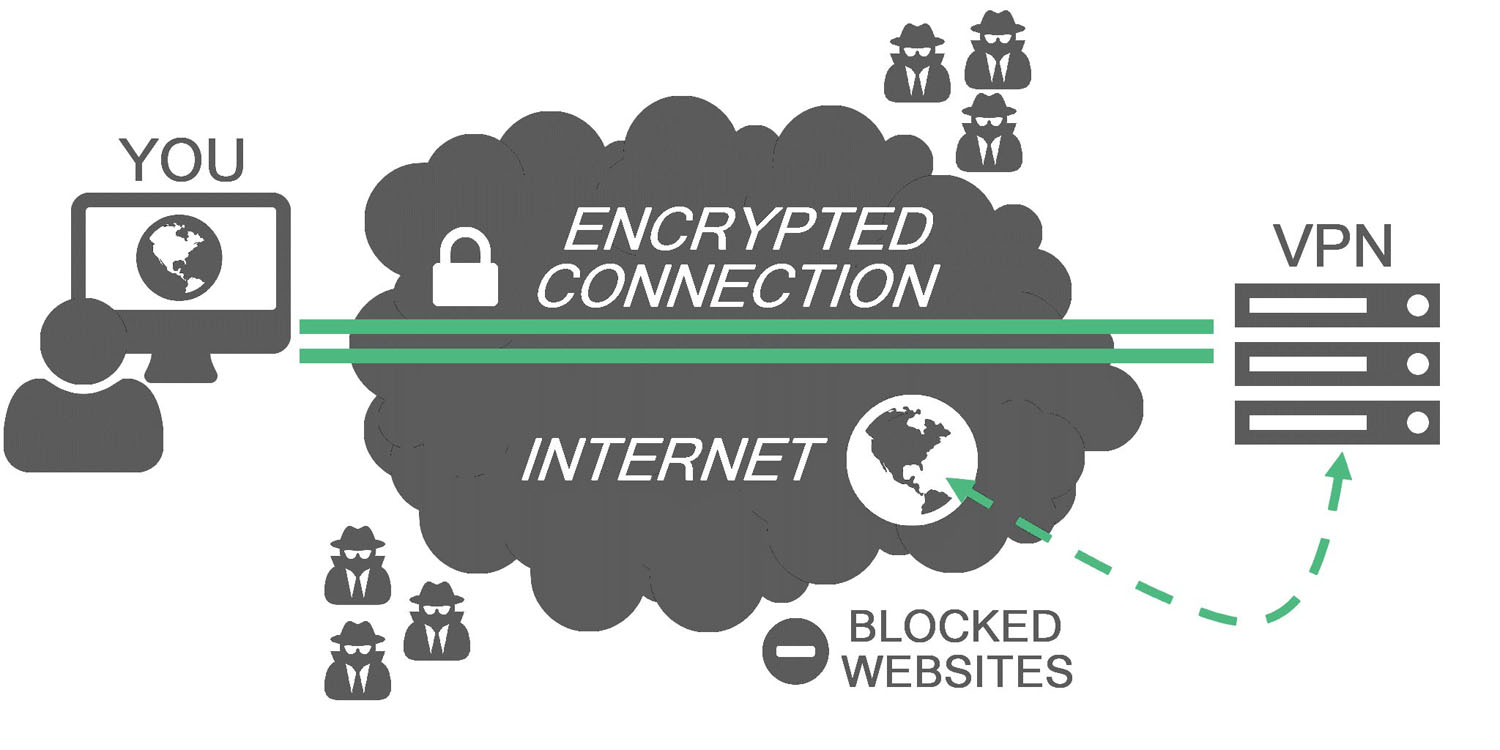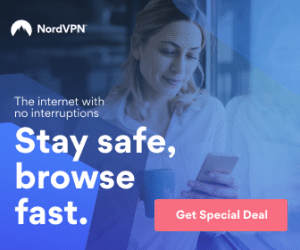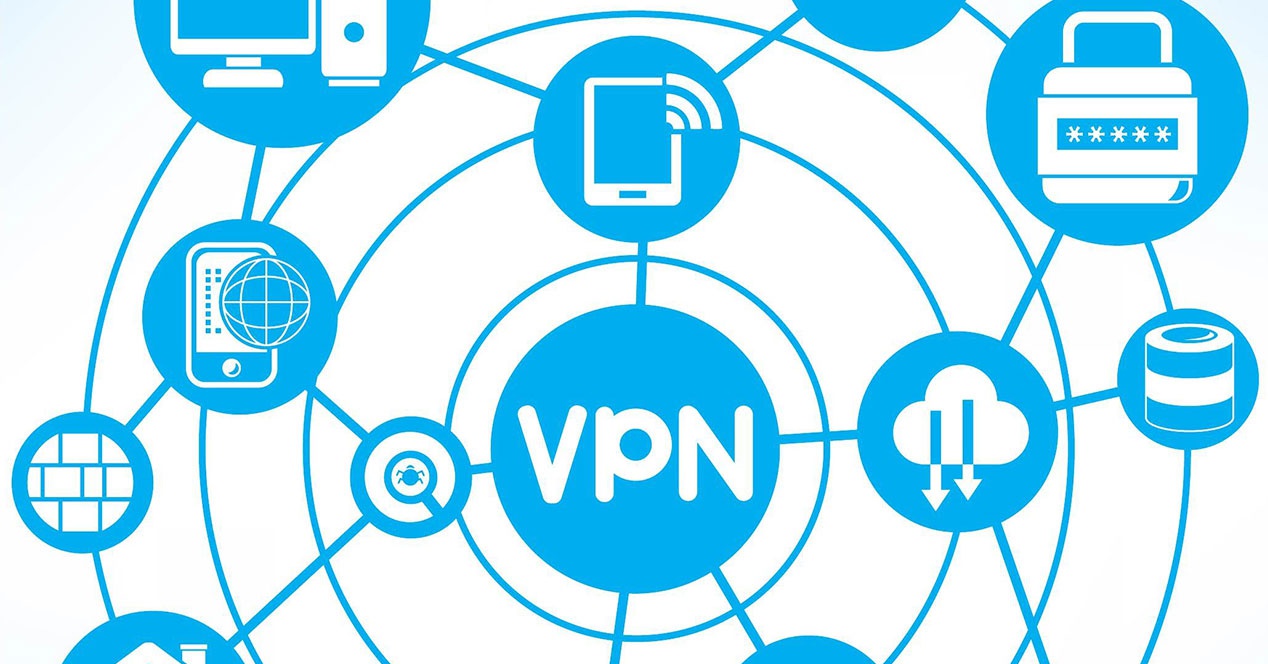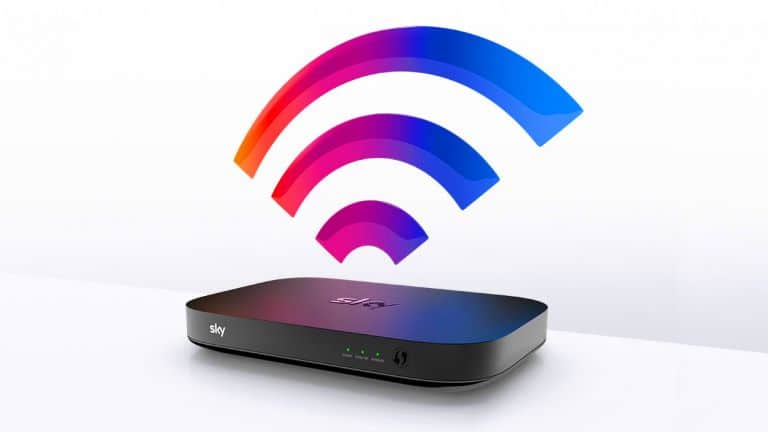Since the US reversed Net Neutrality Internet providers are no longer banned from selling browser history. One-way to work around this new issue is to block the information from the start by using a VPN. Virtual Private Network or VPN is a growing industry worldwide. It is currently a $20 Billion USD industry and the industry is expected to more than double by 2022 to $35 Billion USD.
You may be using a VPN to bypass your employers’ network’s limitations. You could also use a VPN at home for privacy or freedom of information by relinquishing your home local information if you live in an area where certain parts of the Internet and information are blocked by your government.

You may think that in the USA people use VPN software exclusively to bypass employer’s networks but in fact, one of the most major uses is for torrent sharing or downloading. In Europe, as proved over and over, there is a higher sensitivity to personal information so people from various regions of Europe are using VPN applications to surf anonymously. In poor countries, the most popular use case of VPNs relate to the fact there are so many government limitations on the content they can consume (as well as limitations from most media sites in the USA simply blocking these people from accessing their content).
Will VPN usage grow

A survey of VPN users states that they use VPN to access media, access restricted content at work, access restricted information blocked by where they live, browse anonymously, and to communicate with friends or family overseas. While it may seem unnecessary in the US other countries have taken action to actually ban the use of VPNs, which shows the power that a VPN can offer to users if their country is cracking down on censorship.
Russia issued a ban on VPNs in November 2017. While VPNs are not illegal in UAE, they are only illegal if they are being used to circumvent the law. Turkmenistan is regarded as one of the most heavily censored countries in the world and while we are not for sure if the use of VPNs themselves are illegal, blockage of content has been reported there. Other places that have heavily censored Internet use are: Turkey, North Korea, Iran, Iraq, China, and Belarus.

Internet Anonymity and Why You Want It
While you may not be trying to do something illegal in your country, having anonymity while browsing the web is still regarded as a safe practice. Any time you browse the web your history is being logged and if you are using a secure private network to do so, that browsing history should be safe. However what you are browsing isn’t exactly all a VPN can be used to help protect. A VPN can be used to help protect business networks information from hackers, corrupt files and more. It can protect against your cyber information from being hacked if you readily access credit cards, bank accounts, and other sensitive information online.
VPN usage is expected to increase readily over the next couple of years. Cost is low ($2.75/mo) for a security you might find you can’t live without after you start using it.
After reading this you may start to consider a VPN for your own use, and we recommend you would consider a VPN provider with a 30-day money-back guarantee like HideMyAss VPN or even opt into a free 3 day trial with other software providers. During your trial period whether it’s 3 days or 30 days, you have to be extremely careful and run as many attempts as you can to surf with the VPN from different locales. The reason for that is that the most common issue with a VPN software is a slow response or lack of connectivity.
If you are planning to use your VPN connection to consume heavy content like live-streaming you will be needing to find a VPN provider that provides a fast connection with 0% downtime. They all boast that they enable that, but it’s hard to tell how many actually do, and which providers.














Leave a Reply